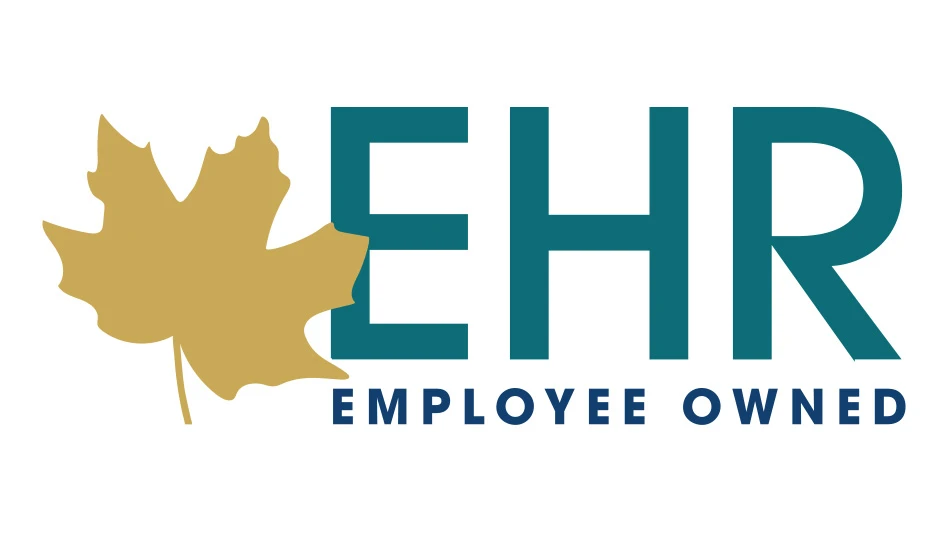
 It’s no secret that hiring additional employees as a grower is a tough task. The decision carries many uncertainties such as demand, weather, when to hire more employees and how many. However, there are ways growers can prepare for the hiring process and make sure to get good candidates, whether seasonal or full-time staff.
It’s no secret that hiring additional employees as a grower is a tough task. The decision carries many uncertainties such as demand, weather, when to hire more employees and how many. However, there are ways growers can prepare for the hiring process and make sure to get good candidates, whether seasonal or full-time staff.
As part of this year’s Greenhouse Management State of the Industry survey, growers reported on their expectations for increasing or decreasing staff. The survey showed that in 2012, 65.7 percent of growers saw their staff remain the same and 23 percent saw the number of employees drop.
Looking ahead to next year, growers are more optimistic about hiring additional employees. Of the growers who responded, 72.4 percent expect staff to remain the same, and 17.6 expect to hire in the next year, which is an improvement over last year.
“Hiring is difficult to judge year to year, because you don’t know what kind of weather you’re going to have in the spring,” says David Martin, human resources manager for Green Circle Growers Inc. “This past spring was a good one. We had some sunny, warm weekends in the spring early. But the season before that, we had a lot of cold, rainy weekends.”
While the weather is always unpredictable, there are ways growers can be prepared to bring in additional employees regardless of Mother Nature’s intentions. Here are some best practices for hiring.
Seasonal staff
For growers, hiring is constantly an up and down process. For places like Green Circle Growers Inc., a 100-acre operation that serves customers such as Walmart, Sam’s Club and Home Depot, the company employs anywhere between 700 and 800 employees throughout the year.
“We are highly seasonal, so that number will go down starting about September,” Martin says. “Business falls off a bit in the fall, and we’ll have a little spike in business in November and December with poinsettias. January will be slow, and then we’ll pick back up in February for the spring bedded plants and we’ll be extremely busy February, March, April, May and June, depending on what kind of spring we have.”
Green Circle Growers has the benefit of having been in business since 1968 and has a large employee pool to choose from as the seasons change.
“We have a unique situation here being that the company has been here for many years and when our business starts picking up in the spring, workers who have worked for us in the past seasons know it and they come back year after year,” he says. “If somebody has worked here every year in seasonal positions, we know them and we know what kind of work they do and that they have good attendance.”
While Green Circle Growers has the luxury of choosing from previous seasonal employees, it isn’t a requirement and the company still makes sure it is finding good employees.
“We’re looking for somebody who has a good record of past employment,” Martin says.
“We’re looking to hire people that we can depend on to be here on time and show up every day and have a good work ethic. Greenhouse labor is exactly that — a lot of it is labor-type positions, and we’re not looking for college degrees or anything like that. But you want somebody who is used to hard work and is very dependable and has a good employment record.”
Martin will also select employees who have left the company on good terms and are returning for seasonal work.
“We tend not to rehire people who have quit us without notice or things of that nature,” he says. “We like to bring back people who left us on good terms, gave notice, or people that we laid off, that, through no fault of their own, lost a seasonal job.”
If you’re looking to bring back past employees for seasonal work or hire new ones, you have to make sure you plan for it.
“You have to plan in advance and advertise early to start building up your labor pool prior to the positions being filled,” Martin says. “Don’t try to do it last minute because business sometimes can begin in a hurry, and all of a sudden you realize you need 50 people at 7:30 in the morning and you don’t have them. It’s a good idea to start early and have that pool of applicants ready to go so you can start making the calls and getting employees in here when you need them. You don’t want to be caught off guard and not have enough folks to fill your positions.”
If having to hire seasonal employees catches you off guard, then one option is to turn to temporary agencies.
“You want to have a good pool of applicants ready ahead of time and supplement it with temporary labor when you have to,” he says. “Other than starting to look early, you need to make sure you do plenty of advertising to make sure word is out that you’re hiring.”
When hiring additional employees, you want to make sure to avoid common mistakes or rushing the process and not getting a quality work force.
“Something that you would like to avoid is rehiring somebody who worked for you in the past that had not done such a good job,” Martin says. “If you’re hiring mass quantities of people in a hurry, you’ve got to take the time to check them out thoroughly to make sure they haven’t worked for you in the past, or if they have worked for you in the past, they left on good terms or have a good record with you.”
Full-time staff
While a grower’s seasonal staff is important to a successful operation, you also need to make sure your full-time staff is properly stocked with the best candidates for your operation as well.
Organizations like Western Growers Association, which represents local and regional farmers in Arizona and California, have worked to help its members understand how they can improve HR practices among many other things.
“I’m a true believer philosophically of commencing a background check on any potential new hire, and that should include both criminal and civil,” says Karen Timmins, vice president of human resources for Western Growers Association. “At Western Growers, we do a background check on all new hires here, which includes confirming or verifying the education. We still have people who aren’t always truthful on the degrees they might have earned. A good background check is pretty important as well as a good background check company.”
Another thing Timmins encourages at Western Growers is conducting additional interviews to make sure a candidate is the right fit.
“More than one interview is very helpful,” she says. “Bringing people back to meet others that they’ll be working with is important. You want people that you work well together with and folks that have a common philosophical approach to work, and work hard, and dedicate themselves. We determine that through multiple interviews because I believe that people can put on a good interview once or maybe twice. Some of our positions might come back three or four times. I always suggest a careful hiring decision, not to belabor it, but when you consider how much a person can impact others, you have to be careful with that decision.”
For a company that hasn’t been traditionally examining candidates this closely, it may seem like a lot of work, but when done right, it is worth the effort. These processes help eliminate mistakes.
“A mistake is hiring somebody based off of first impression and believing everything that they say without verifying where they’ve been and what they were like to work with,” Timmins says. “I personally like behavioral-based questions in interviews because future behavior is best predicted by what people have done in the past.”
To avoid these kinds of mistakes, you have to make sure you validate everything someone says they did in their past or are capable of doing in the future.
“If you’re looking to hire folks that work well with you and really dedicate themselves to good hard work while they’re here, they have to show evidence that that’s what they’ve done in past jobs,” she says. “When you overlook that, that’s a mistake.”
The most critical part of hiring a new employee is making sure you have a good procedure in place and put the necessary resources behind the effort.
“You have to get a good procedure in place and give it the time and energy it deserves,” Timmins says. “We place really great value in a careful selection. If there is anything to apply critical thinking to, it’s a possible employee. You have to look at responses to interview questions, the reference check, the history, the education and experiences. We have found that to be very helpful for us.”

Gregory Jones is a Cleveland-based freelance writer.

Explore the October 2012 Issue
Check out more from this issue and find your next story to read.
Latest from Greenhouse Management
- Grant awarded to test western U.S. wood species for use as wood fiber potting substrate
- Pennsylvania Horticultural Society announces 2025 Gold Medal Plant winners
- Oasis Grower Solutions announces new Southeast territory sales manager
- A nation of gardeners: A history of the British horticulture industry
- Last Word with Angela Labrum, Bailey Nurseries
- Iowa plant supplier Plantpeddler building retail complex
- This month's Greenhouse Management magazine is about native plants and sustainability
- The HC Companies, Classic Home & Garden merge as Growscape





